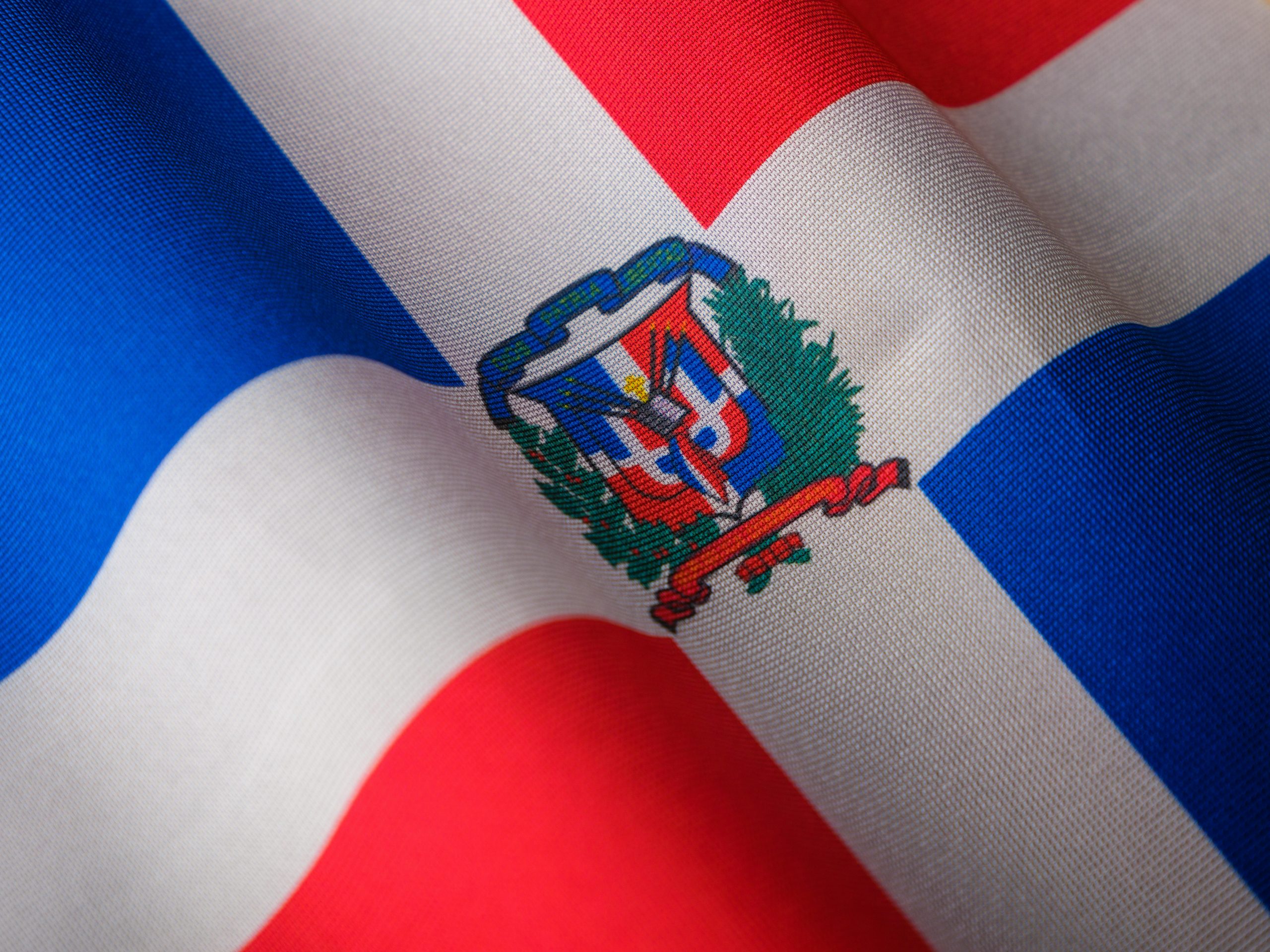The Dominican Republic has signed a new resolution into law which will provide a new regulatory regime for online gambling.
On 26 March 2024, the Dominican Republic issued Resolution 136-2024. This will now see a new regulatory regime for online casino and sports betting.
The resolution has been issued by the Dominican Republic’s Ministry of Finance. The new set of measures will be supervised by the Dirección de Casinos y Juegos de Azar (Directorate of Casinos and Gaming).
The announcement follows the final initiation of the regulatory process on 28 February 2024. This was in the form of official letter of recommendation, DM-051-2024.
Issued by the Dominican Republic’s Casino Commission to the Minister of Finance, the letter recommended the launch of “a new regulated sector of internet gambling and betting in the Dominican Republic.”
Online gambling in the Dominican Republic
Online gambling was initially regulated in the Dominican Republic in 2006, with the first licence issued in 2011.
Notably, Amaya was the first to be issued with a licence. The company is better known as The Stars Group, which it rebranded to in 2017. Amaya was acquired by Flutter Entertainment in 2019.
Despite two laws, Ley 139-11 and Ley 494-06, forming the framework for online gambling in the Dominican Republic, Amaya has been the only owner of a licence to date. This meant that the law existed more in theory than practice. It is also unclear if Amaya still retains its licence.
Thanks to Resolution 136-2024, the Dominican Republic is now expected to bring about a more comprehensive framework for regulation.
This will make the regulated market more competitive and, it would be assumed, boost state revenue with new entrants.
What is in the Dominican Republic online gambling Resolution 136-2024?
The Dominican Republic’s gambling laws fall under the jurisdiction of the Dirección de Casinos y Juegos de Azar.
The directorate is managed by the Ministerio de Hacienda (Ministry of Finance). As a result, it is responsible for issuing licences to online casinos and lotteries.
The process follows multiple iterations between June 2019 and March 2024. Totaling 36 pages, seven chapters and 36 articles, Resolution 136-2024 has now been signed into law. The signatory is the minister of finance, Jose Manuel Vicente.
Under the new law, each licence issued will be valid for five years and is non-transferable for the first three years.
The cost of of a casino licence is equal to $346,000 (£275,000/€320,600). For sports betting, licences will cost $260,000 (£205,400/€239,500).
A third licence for “other applications” is also available. While this has not been specified, it is likely to be for fantasy sports, poker and bingo. This will cost $170,000 (£134,300/€156,600).
While taxation has not been listed in the resolution, the previous law (Ley 139-11) set a gross gaming revenue rate of 29% for land-based casinos. It is likely that this will be the same for online.
Applicants will also be obligated to provide evidence of responsible gambling programmes. This will include a mandatory self-exclusion process, as well as a required set of measures outlined by the ministry to encourage responsible gaming.
Among these are the the requirement to show time elapsed since the start of a session. Operators will also need to provide options to limit bets and gaming session duration. Additionally, all sites will be required to display a permanently visible responsible gaming notice.
What are the requirements for operators in the Dominican Republic?
Foreign operators will be required to register the company in the country’s Commercial Register at the chamber of commerce and production (Registro mercantil). Brands will also be required to register with the office of National Contributions (RNC) and General Directorate of National Tax (DGII).
All participants in the licensing process must present criminal records from their country of origin, translated by a elected judicial translator. These must be recognised and signed by the attorneys’ general office (PGR). They must also be delivered to the DGCJA (Casino and gambling directorate) 25 days after being issued.
An affadavit of origin and legality of funds of all shareholders must also be provided to the Attorney General’s office (PGR). A “performance bond” must also be posted. This will cost $341,000 (£269,500/€314,200).
Lastly, all operators must also register a web domain of ‘.do’ for the Dominican Republic. All servers must also be hosted in the country. Operators are also required to go live within six months of the licence being issued.

